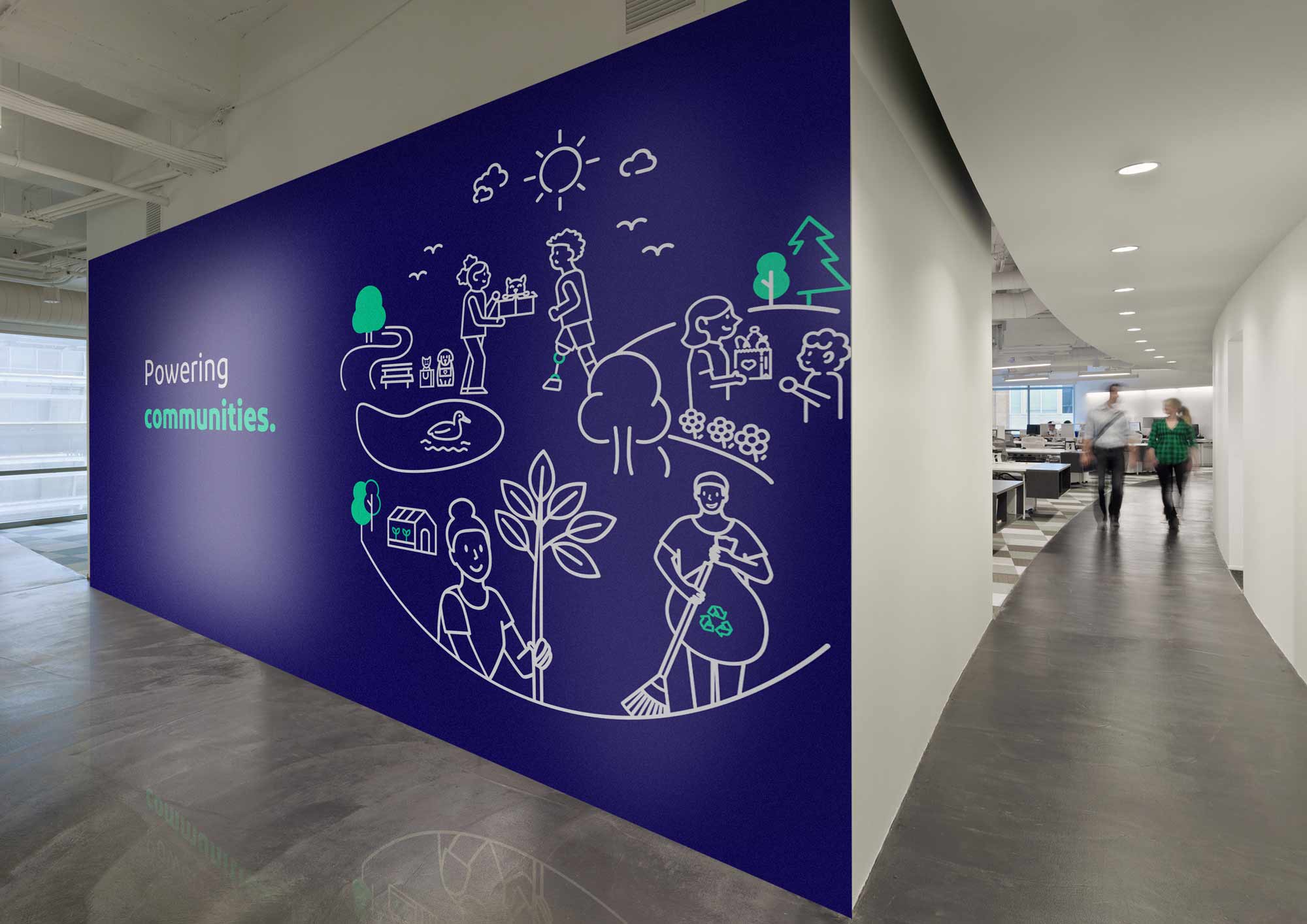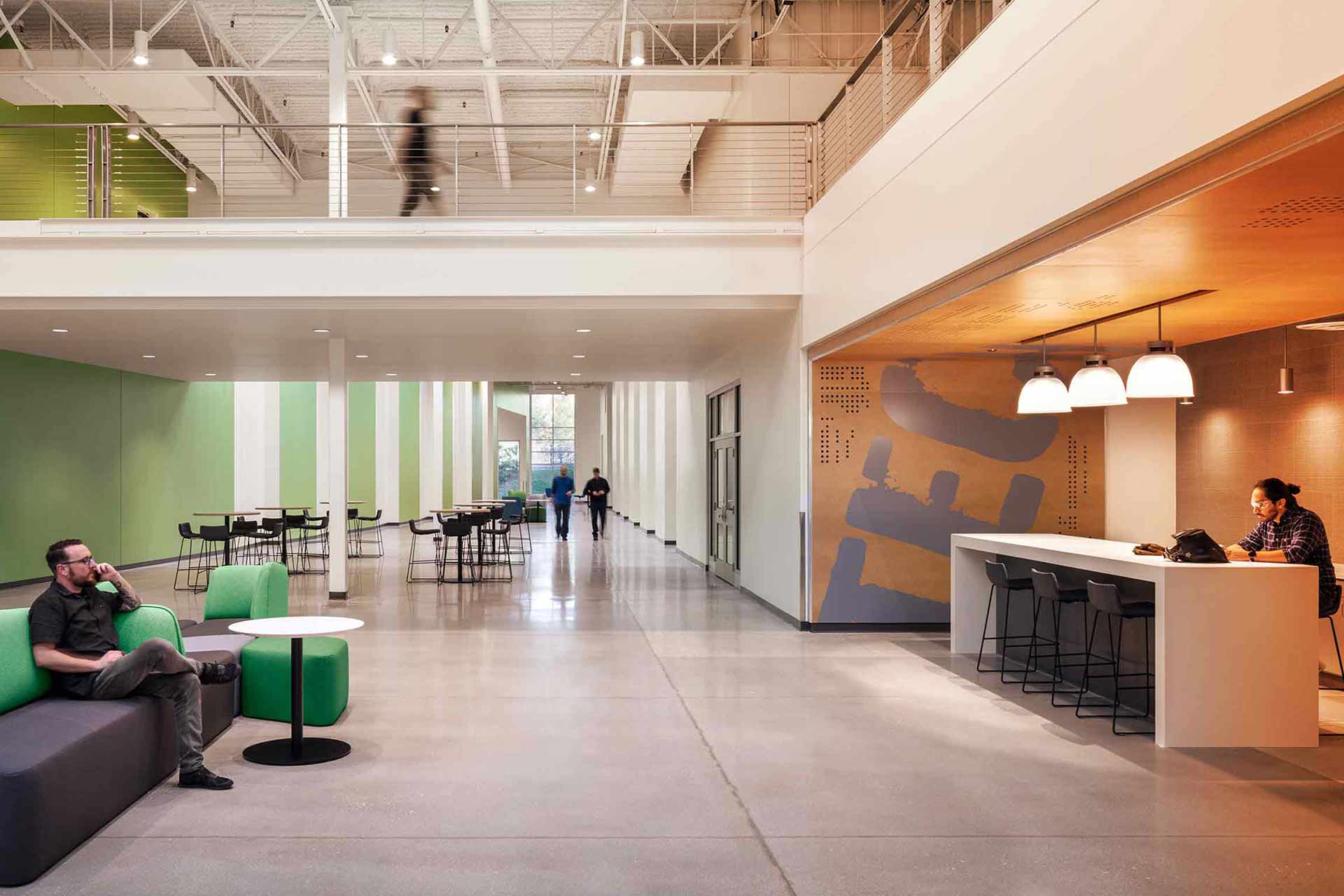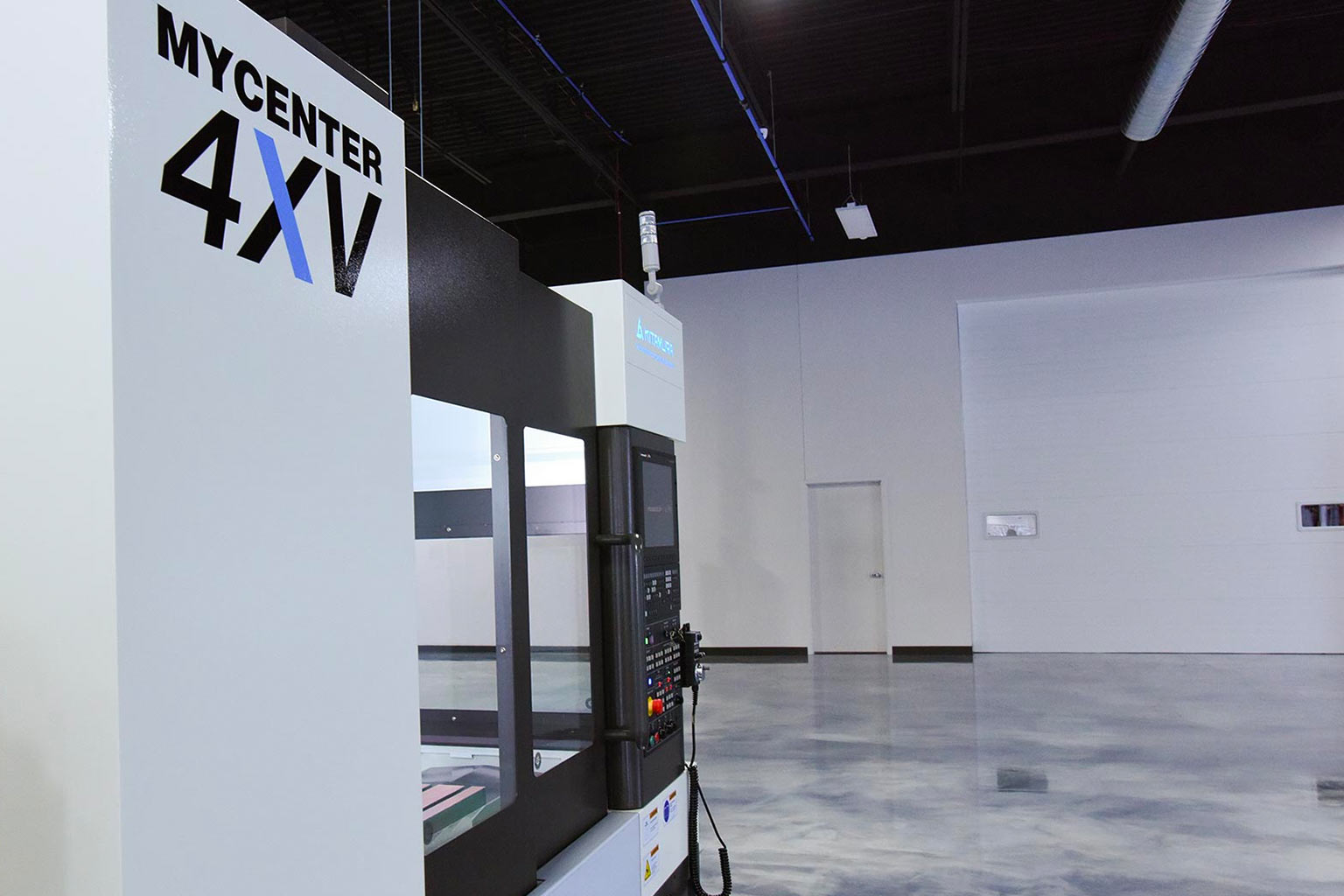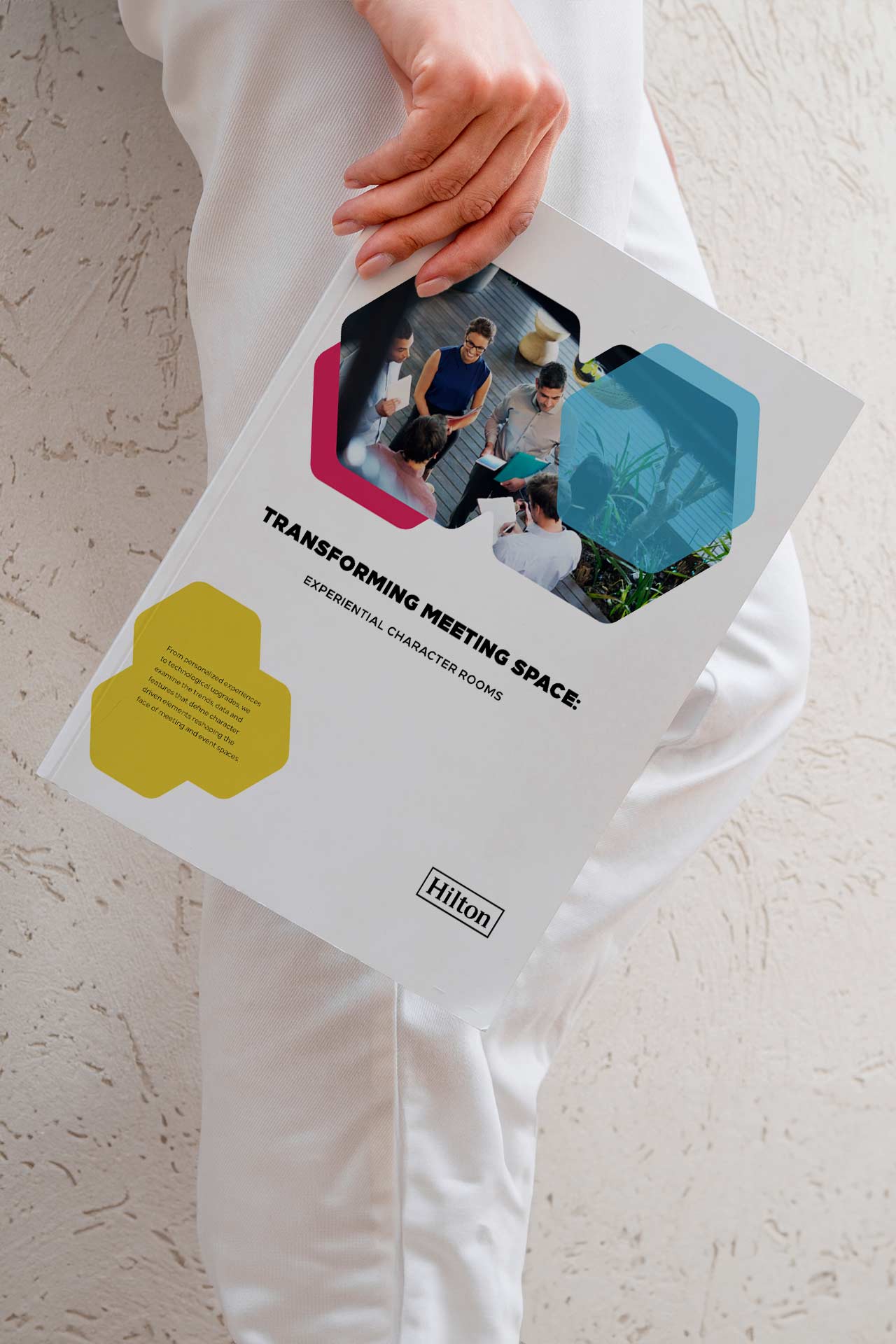Key Advantages of WordPress for Enterprise
- Scalable and flexible architecture
- Customizable through themes, plugins, and integrations
- Built-in SEO features and marketing capabilities
- Content management and collaboration tools
- Support for multisite installations
- Managed hosting solutions and platform-oriented providers
- Headless CMS capabilities for embracing modern frontend technologies
Having a robust, flexible, and scalable content management system (CMS) is crucial for large organizations. As one of the most popular and widely-used CMS platforms, WordPress has evolved from its humble beginnings as a blogging tool to become the world most powerful solution for enterprise-level websites. With its extensive customization options, extensive plugin ecosystem, and ability to integrate with various enterprise systems, WordPress has demonstrated its capacity to support the diverse needs of IT and marketing departments in large organizations.
One of the primary factors contributing to WordPress’s remarkable transition into the world’s most popular CMS is its well-designed, modular architecture. Built on a foundation of PHP and MySQL, WordPress employs a system of themes and plugins that allows for unparalleled customization and extensibility. This flexible architecture has enabled developers and designers around the world to contribute their expertise, creating a vast library of resources and fostering a vibrant, innovative community. As a result, WordPress has become a highly adaptable platform capable of meeting the diverse needs of various industries, from small brands to large enterprises. The platform’s user-friendly interface, combined with its robust and flexible architecture, has solidified its position as a leading choice for organizations seeking a reliable, versatile, and scalable content management solution.
The versatility of WordPress as an enterprise CMS lies in its open-source nature and thriving community. This has led to a vast repository of resources, ranging from themes to plugins, that enable businesses to create unique and functional websites without reinventing the wheel. Furthermore, the platform’s commitment to continuous improvement ensures that it stays up-to-date with the latest industry standards and best practices in web development, security, and performance.
For IT and marketing departments in search of a CMS that can seamlessly scale with their organization’s growth, WordPress offers an appealing solution. This comprehensive guide will explore the key aspects of using WordPress for enterprise-level projects, highlighting its strengths and providing insights into how it can be tailored to suit the specific requirements of large-scale organizations.
Scalability and Performance
When selecting a CMS for an enterprise-level organization, scalability and performance are of paramount importance. As a website’s traffic and content grow, the CMS must be able to handle increased loads without compromising the user experience. WordPress has proven itself to be highly scalable, with the ability to support websites that receive millions of monthly visitors.
To ensure optimal performance for large-scale WordPress implementations, choosing the right hosting and infrastructure is crucial. Managed WordPress hosting providers, such as WP Engine, Kinsta, or Pantheon, specialize in handling the technical aspects of WordPress, including server configurations, caching, and content delivery networks (CDNs). These providers offer scalable hosting solutions specifically designed for high-traffic websites, enabling WordPress to perform efficiently under demanding conditions.
In addition to selecting the appropriate hosting solution, performance optimization techniques, such as caching, minification, and lazy loading, can further improve the efficiency of a WordPress website. Enterprise-level organizations can also leverage tools like load balancers and reverse proxy servers to distribute traffic evenly across multiple servers, ensuring that the website remains responsive and reliable even during peak usage periods. By implementing these WP best practices, IT departments can ensure that their WordPress-powered websites are equipped to handle the demands of a growing enterprise, delivering a consistently fast and seamless experience for their users.
Security and Compliance
For enterprise organizations, maintaining robust security and compliance with industry regulations is essential. While WordPress has a strong security foundation, it’s crucial for large organizations to take additional measures to protect their websites from potential threats.
To enhance the security of a WordPress website, IT departments should regularly update the core software, themes, and plugins, as well as implement strong authentication measures, such as two-factor authentication (2FA) and secure password policies. Additionally, installing reputable security plugins, like Wordfence or Sucuri, can help identify and mitigate potential vulnerabilities and thwart cyberattacks.
When it comes to compliance, WordPress can be configured to meet the requirements of various industry standards and regulations, such as the General Data Protection Regulation (GDPR), the Health Insurance Portability and Accountability Act (HIPAA), and the Payment Card Industry Data Security Standard (PCI DSS). By implementing appropriate security measures, using privacy-focused plugins, and following best practices for data handling, organizations can ensure their WordPress websites comply with relevant legal and industry-specific requirements.
It’s also important to work closely with hosting providers and development partners who understand the unique security and compliance needs of enterprise organizations. By doing so, IT departments can ensure that their WordPress websites are secure, compliant, and well-equipped to safeguard sensitive data and protect against potential threats.
When it comes to hosting enterprise-level WordPress websites, selecting a platform-oriented provider that specializes in WordPress can make a significant difference in terms of performance, scalability, and security. Providers such as WP VIP, WP Engine, and Pantheon are well-equipped to handle the specific needs of large organizations using WordPress as their CMS. These providers offer managed hosting solutions tailored to optimize WordPress performance, ensuring fast load times, seamless scaling, and robust security measures. By choosing a platform-oriented provider like WP VIP, WP Engine, or Pantheon, enterprise organizations can benefit from their expertise, infrastructure, and dedicated support, leading to a more reliable and efficient WordPress experience for both IT and marketing departments.
Customization and Extensibility
One of the key advantages of using WordPress as an enterprise CMS is its vast potential for customization and extensibility. With thousands of themes and plugins available, organizations can tailor the platform to suit their unique needs and requirements, creating a highly personalized web presence.
Themes provide the foundation for a website’s design and layout, allowing for the customization of colors, fonts, and other visual elements. For enterprise-level organizations, it’s often beneficial to invest in a custom theme developed by a professional design team or agency. This ensures that the website’s appearance is aligned with the organization’s branding guidelines and offers an optimal user experience tailored to the target audience.
Plugins are the building blocks that add functionality to a WordPress website design. There are countless plugins available to fulfill a wide range of purposes, from e-commerce and contact forms to SEO optimization and social media integration. While many plugins cater to common needs, enterprise organizations may require more specialized functionality. In these cases, custom plugins can be developed using WordPress’s extensive API and developer tools, providing tailored solutions that seamlessly integrate with the platform.
By leveraging the power of custom themes and plugins, large organizations can create a WordPress website that is not only visually appealing and user-friendly but also offers the specific features and capabilities they need to achieve their business objectives. This flexibility and extensibility make WordPress an ideal choice for enterprises seeking a CMS that can adapt and grow alongside their organization.
Headless WordPress
Headless WordPress solutions are an increasingly popular choice for enterprise organizations seeking greater flexibility and performance in their web applications. In a headless configuration, the WordPress CMS serves as the backend content management system, while the frontend is built using modern web technologies like React, Vue.js, or Angular. This decoupled approach allows developers to leverage the full potential of WordPress as a content repository, while also taking advantage of the speed and versatility offered by cutting-edge frontend frameworks. By separating the content management layer from the presentation layer, headless solutions provide a more streamlined, efficient, and scalable way to deliver content across multiple platforms, such as web, mobile, and IoT devices. The result is a high-performance, future-proof web presence that can be easily adapted to meet the evolving needs of enterprise organizations.
Integration with Enterprise Systems
In large organizations, it’s common to rely on various enterprise applications for managing different aspects of the business, such as customer relationship management (CRM), enterprise resource planning (ERP), and marketing automation tools. To ensure smooth operations and a seamless flow of information between these systems, it’s essential for the chosen CMS to be capable of integrating with these platforms.
WordPress’s extensible architecture and robust API support make it an ideal choice for integrating with a wide range of enterprise systems. With a plethora of available plugins and custom development options, organizations can establish connections between WordPress and their existing software infrastructure, such as Salesforce, HubSpot, Microsoft Dynamics, or SAP. By enabling data synchronization and seamless communication between these systems, organizations can automate workflows, streamline operations, and create a more cohesive user experience across different touchpoints.
In addition to pre-built plugins, custom integrations can be developed using WordPress’s REST API, allowing organizations to create tailored solutions that align with their specific needs and requirements. This flexibility ensures that WordPress can be seamlessly incorporated into an organization’s existing technology stack, enhancing the overall efficiency of their digital operations and helping them drive better results from their IT and marketing initiatives.
Content Management and Collaboration
Effective content management and collaboration are crucial for large organizations that rely on the timely production and distribution of content to engage their audience and drive business results. WordPress offers a suite of content management features designed to facilitate collaboration among teams and streamline the content creation process.
One of the core strengths of WordPress is its intuitive, user-friendly interface, which simplifies the process of creating and managing content. Its visual editor, also known as the Gutenberg editor, enables users to create rich, multimedia content using a block-based approach, making it easy to build complex layouts and incorporate various content elements.
To support collaboration, WordPress offers a comprehensive system of user roles and permissions, allowing organizations to define access levels for different team members based on their responsibilities. This ensures that content creation, editing, and publishing can be effectively managed and controlled by the appropriate individuals.
Workflow management in WordPress can be further enhanced through the use of plugins, such as Edit Flow or PublishPress. These tools provide additional features like editorial calendars, custom statuses, and notifications, which help teams to plan, track, and coordinate content production more efficiently.
By leveraging the content management and collaboration capabilities of WordPress, enterprise organizations can create a more organized and productive content creation process, ensuring that their digital presence remains engaging, relevant, and up-to-date.
SEO and Marketing Capabilities
In the competitive digital landscape, effective search engine optimization (SEO) and marketing capabilities are essential for driving traffic, engaging users, and ultimately converting visitors into customers. WordPress offers a range of built-in SEO features, as well as numerous plugins and tools that can enhance the platform’s marketing capabilities.
Out of the box, WordPress is built with SEO best practices in mind, including clean, semantic markup, automatic generation of title tags and meta descriptions, and support for custom permalinks. These foundational elements make it easier for search engines to crawl and index WordPress websites, resulting in better search rankings and increased visibility.
To further optimize a WordPress site for search engines, popular plugins like Yoast SEO or All in One SEO Pack can be installed. These tools provide advanced SEO features, such as XML sitemaps, keyword optimization, and content analysis, which help organizations improve their on-page SEO and maximize their search rankings.
Beyond SEO, WordPress offers numerous marketing capabilities through the use of plugins and integrations. For example, organizations can integrate their WordPress sites with email marketing platforms like Mailchimp or Constant Contact, enabling them to build their subscriber lists, segment their audience, and send targeted email campaigns. Additionally, analytics and tracking tools like Google Analytics can be easily incorporated into a WordPress site, providing valuable insights into user behavior and website performance.
By leveraging the SEO and marketing capabilities of WordPress, enterprise organizations can drive targeted traffic to their websites, engage their audience more effectively, and ultimately achieve better results from their digital marketing efforts.
Case Studies: Large Corporate Websites That Use WordPress Enterprise Solutions
Demonstrating the true potential of WordPress for enterprise organizations, several real-world examples showcase large organizations that have successfully adopted WordPress as their CMS. These case studies illustrate the scalability, flexibility, and robustness of WordPress, as well as the diverse industries it can serve.
- The New York Times Company: As one of the world’s most prestigious media organizations, The New York Times Company has leveraged WordPress to power its various publications and digital properties, including the primary New York Times website. The organization relies on WordPress’s flexibility and extensibility to manage a vast amount of content, serve millions of visitors, and integrate with various systems and tools.
- Microsoft News Center: Microsoft’s official news portal is built on WordPress, highlighting the platform’s ability to handle high-traffic websites for large technology companies. The News Center showcases Microsoft’s latest news and updates, while also integrating with social media and other communication channels to deliver a cohesive, engaging user experience.
- BBC America: The popular television network BBC America has chosen WordPress as the foundation for its digital presence, using the platform to manage content, multimedia, and streaming capabilities. The website’s custom theme and integrations with various third-party tools demonstrate WordPress’s capacity to meet the unique needs of a media and entertainment enterprise.
- Meta: As one of the leading technology companies globally, Meta (formerly known as Facebook) has employed WordPress to power a corporate microsite. This microsite showcases the company’s initiatives, policies, and updates in a user-friendly and visually appealing manner. Meta’s choice to use WordPress for this purpose highlights the platform’s ability to create specialized, content-driven websites that can be easily managed and updated by non-technical users, while still adhering to the high standards of design and functionality expected by a major technology company.
- Capgemini: Capgemini, a global leader in consulting, technology, and outsourcing services, utilizes WordPress for its official corporate blog, “Capgemini Invent.” The blog serves as a platform for sharing insights, thought leadership, and industry updates from the company’s experts, making it a valuable resource for clients and professionals alike. By choosing WordPress to power its blog, Capgemini benefits from the platform’s rich content management capabilities, ease of use, and extensive customization options. This choice demonstrates that WordPress can effectively support the content marketing and thought leadership efforts of large enterprises operating in the professional services sector.
- The Walt Disney Company: Disney uses WordPress to power some of its official websites, such as the Disney Parks Blog, which shares news and updates about their theme parks worldwide. This showcases WordPress’s ability to handle high-traffic websites for large entertainment companies.
- Mercedes-Benz: The luxury automobile manufacturer uses WordPress for its international news and events website, Mercedes-Benz Global Media Site, highlighting the platform’s suitability for managing content-rich websites in the automotive industry.
- TechCrunch: As a leading technology media publisher, TechCrunch relies on WordPress to power its website and manage a vast amount of daily content. This example underscores WordPress’s ability to support high-traffic media websites with significant content management needs.
- Sony Music: WordPress is the chosen CMS for the official website of Sony Music, one of the world’s largest music companies. This demonstrates WordPress’s capacity to handle multimedia content and integrate with various systems and tools in the entertainment industry.
- UPS: The United Parcel Service (UPS), a global leader in logistics and package delivery, uses WordPress for its official blog, UPS Longitudes. This showcases the platform’s potential for content marketing and thought leadership in the logistics sector.
These case studies underscore the versatility and scalability of WordPress as a CMS for enterprise organizations, proving that it can effectively support the complex requirements and high-traffic demands of large-scale websites across various industries. Many prominent corporations have adopted WordPress as their CMS of choice, demonstrating stability, security and scalability for enterprise-level projects.
Future-Proofing Your Enterprise with WordPress
As technology continues to evolve rapidly, ensuring that your enterprise’s digital presence remains up-to-date and relevant becomes increasingly important. WordPress offers several advantages that can help organizations future-proof their websites and stay ahead in the digital landscape.
Continuous Updates and Improvements
The WordPress team is committed to regularly updating the platform, providing new features, performance enhancements, and security updates. By staying on top of these updates, enterprise organizations can ensure their websites are always equipped with the latest technology and best practices.
Extensive Ecosystem
The vast ecosystem of themes, plugins, and integrations available for WordPress enables organizations to easily adapt their websites to accommodate new trends, technologies, and requirements. This flexibility allows enterprises to continually refine and enhance their digital presence without needing to overhaul their entire CMS.
Progressive Web App (PWA) Support
WordPress has built-in support for creating progressive web apps, which offer a more engaging and responsive user experience across different devices. By leveraging PWA technology, organizations can future-proof their websites and provide users with a seamless, app-like experience.
Open Source and Peer Reviewed
As an open-source platform, WordPress benefits from a large and active community of developers and users who continually contribute to its growth and improvement. This community-driven approach ensures that WordPress remains at the forefront of web development trends and innovations.
Headless CMS Capabilities
The growing popularity of headless CMS solutions, as mentioned earlier, highlights the need for flexibility and adaptability in modern web development. WordPress’s support for headless configurations enables organizations to embrace new frontend technologies and frameworks without having to change their backend content management system.
By choosing WordPress as their enterprise CMS, organizations can not only meet their current needs but also position themselves to embrace the future of digital technology, ensuring their web presence remains cutting-edge and competitive in the years to come.
Selecting the Right Development Partner for Your Enterprise WordPress Project
When embarking on an enterprise-level WordPress project, it is crucial to choose the right development partner to ensure a successful implementation. A knowledgeable and experienced agency team can help navigate the complexities of large-scale projects and create a tailored solution that meets your organization’s unique needs. Here are some key factors to consider when selecting a web design agency:
- Expertise and Experience: Look for a development partner with a proven track record of successfully implementing WordPress projects for enterprise clients. This experience should include working with custom themes, plugins, integrations, and performance optimization for high-traffic websites.
- Understanding of Your Industry: An agency partner with experience in your specific industry will be better equipped to understand your unique requirements and challenges. This familiarity can result in more effective solutions and a smoother implementation process.
- Comprehensive Services: An ideal implemantation agency should offer a wide range of services, from design and development to ongoing support and maintenance. This ensures that your organization has access to the necessary resources and expertise at every stage of the project lifecycle.
- Strong Communication and Collaboration: Effective communication and collaboration are essential for successful project outcomes. Choose a design agency that prioritizes open communication, provides regular updates, and is responsive to your feedback and concerns.
- Commitment to Quality and Best Practices: Look for a web design agency partner that adheres to the highest standards of quality and follows industry best practices. This commitment should be evident in their development processes, testing procedures, and attention to detail in their work.
- Scalability and Future Support: Your development agency should be capable of supporting your organization as it grows and evolves. This includes providing ongoing support, updates, and enhancements to your WordPress site, as well as being prepared to scale the project as needed.
- Proficiency in UI Design: A skilled agency partner should have expertise in User Interface (UI) design, which is crucial for creating visually appealing and intuitive websites. A well-designed interface not only enhances the aesthetics of your website but also contributes to a better user experience. Ensure your development partner has a strong portfolio showcasing their ability to create visually striking and user-friendly interfaces that align with your brand identity and industry standards.
- Expertise in UX Design: User Experience (UX) design is another essential factor to consider when choosing a development partner. A partner with a deep understanding of UX principles can create a website that prioritizes usability, accessibility, and user satisfaction. This expertise is particularly valuable for enterprise-level projects, where a positive user experience is crucial to drive engagement, conversions, and customer retention. Look for a development partner with a proven track record of crafting seamless, user-centric designs that cater to the needs and preferences of your target audience.
- Strong Understanding of Accessibility: A web design agency partner with a strong understanding of accessibility is essential in ensuring your website is inclusive and usable by people with disabilities. Adhering to accessibility guidelines, such as the Web Content Accessibility Guidelines (WCAG), not only benefits users with disabilities but also improves the overall user experience for everyone. Select a partner that demonstrates a commitment to accessibility and usability best practices and has experience in implementing accessible websites that comply with relevant standards.
- Deep Knowledge in Security: Security is a critical concern for enterprise websites, making it vital to choose a web development partner with extensive knowledge in web security. This expertise should include implementing strong security measures, such as secure coding practices, SSL certificates, and regular security updates, as well as addressing potential vulnerabilities and safeguarding your website against common threats. A web development agency with a proven track record in delivering secure WordPress implementations can help protect your organization’s sensitive data, maintain customer trust, and minimize the risk of security breaches.
By carefully considering these factors and thoroughly evaluating potential agency partners, enterprise organizations can find a reliable and skilled design agency team to help them achieve a successful WordPress implementation that meets their specific needs and objectives.
Embracing WordPress for Your Enterprise Needs
As the world’s most popular content management system, WordPress has proven itself as a powerful and adaptable platform suitable for organizations of all sizes, including large enterprises. With its robust architecture, extensive customization options, seamless integrations, and a thriving ecosystem, WordPress offers numerous advantages that make it an ideal choice for enterprise-level projects.
By leveraging the platform’s many strengths, such as its scalability, ease of use, and SEO capabilities, enterprise organizations can create a future-proof digital presence that effectively engages their target audience and drives business results. Furthermore, choosing the right web design agency partner is essential in navigating the complexities of enterprise-level WordPress implementations and ensuring a successful outcome.
In conclusion, embracing WordPress for your enterprise needs can provide a flexible, scalable, and feature-rich solution that grows with your organization, allowing you to stay competitive and relevant in the ever-evolving digital landscape.









